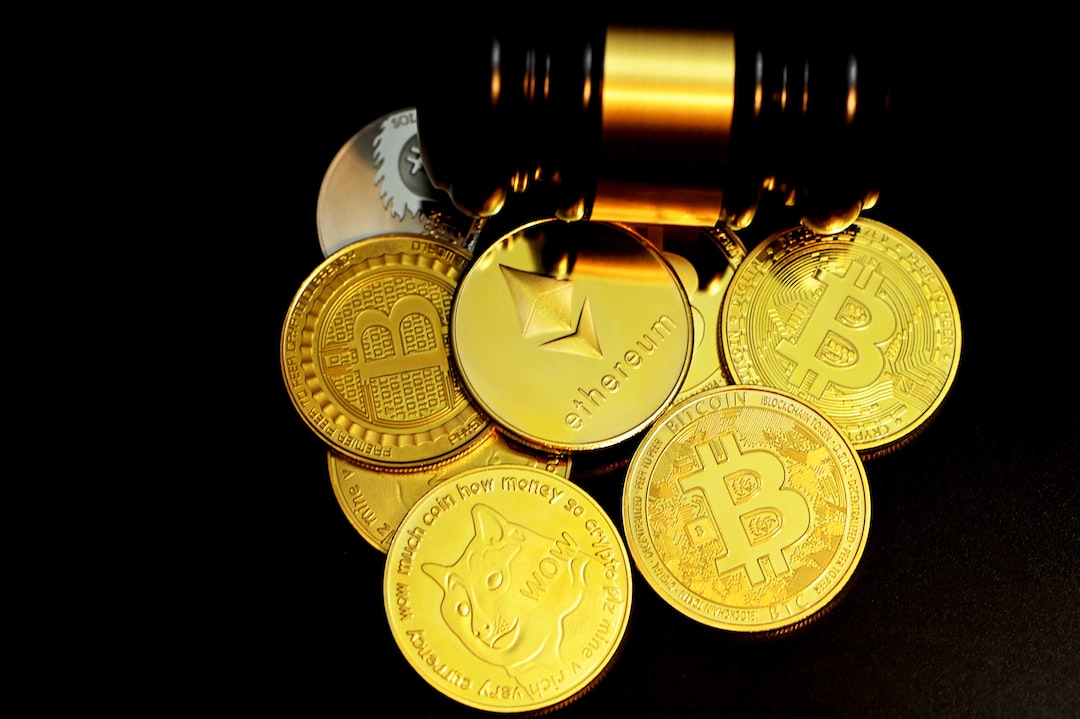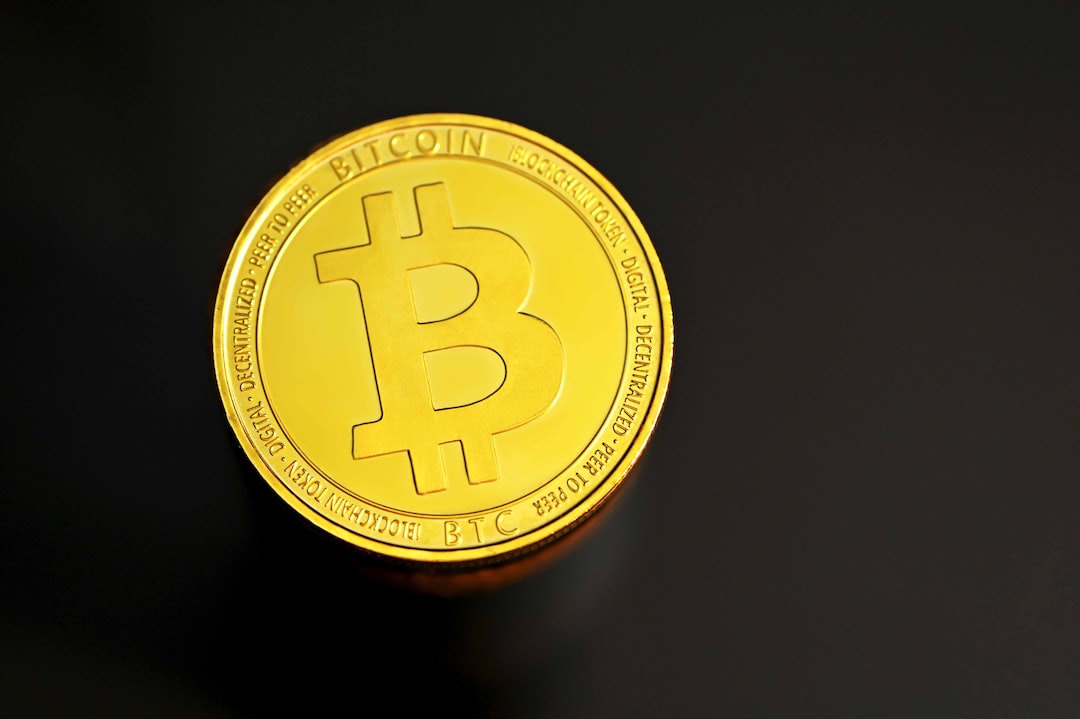Ethereum’s Transition to Proof of Stake Fails to Make it Deflationary
Last year, Ethereum underwent a significant transition from proof of work to proof of stake. This change was expected to reduce ETH issuance by 90% and establish Ethereum as a deflationary currency. However, recent data shows that the global supply of ETH has increased by nearly 30,000 ETH in the last 30 days alone. The surge in ETH supply is primarily due to a decline in transaction flow on the Ethereum network, including fewer NFT trades and less DeFi activity.
One factor contributing to the increase in ETH supply is the drop in gas fees on the network. Gas fees are required to complete on-chain transactions, and when they are high, more ETH is burned or permanently removed from circulation. However, currently, gas fees have dropped significantly, resulting in less ETH being burned and an increase in global supply.
Ethereum’s recent inflationary trend has raised concerns among crypto users and investors. Some fear that this could have long-term implications for the network’s financial health. However, Ethereum’s core developers appear largely unconcerned about the situation. They believe that the current inflation is insignificant compared to the overall scheme of things and that Ethereum’s short-term inflation is still below that of other chains and the overall economy.
Hot Take: Ethereum’s Inflationary Trend Raises Concerns
The recent increase in global ETH supply has sparked worries about Ethereum’s long-term financial health. Despite the transition to proof of stake and expectations of deflationary trends, low gas fees have led to less ETH being burned, contributing to the inflationary trend. While Ethereum’s core developers downplay concerns and believe it is insignificant in the grand scheme of things, critics argue that this unpredictability and potential inflation could hinder Ethereum’s future prospects. With inflation on the rise globally, the crypto community will closely monitor Ethereum’s ability to maintain its position as a leading cryptocurrency.





 By
By
 By
By
 By
By

 By
By
 By
By